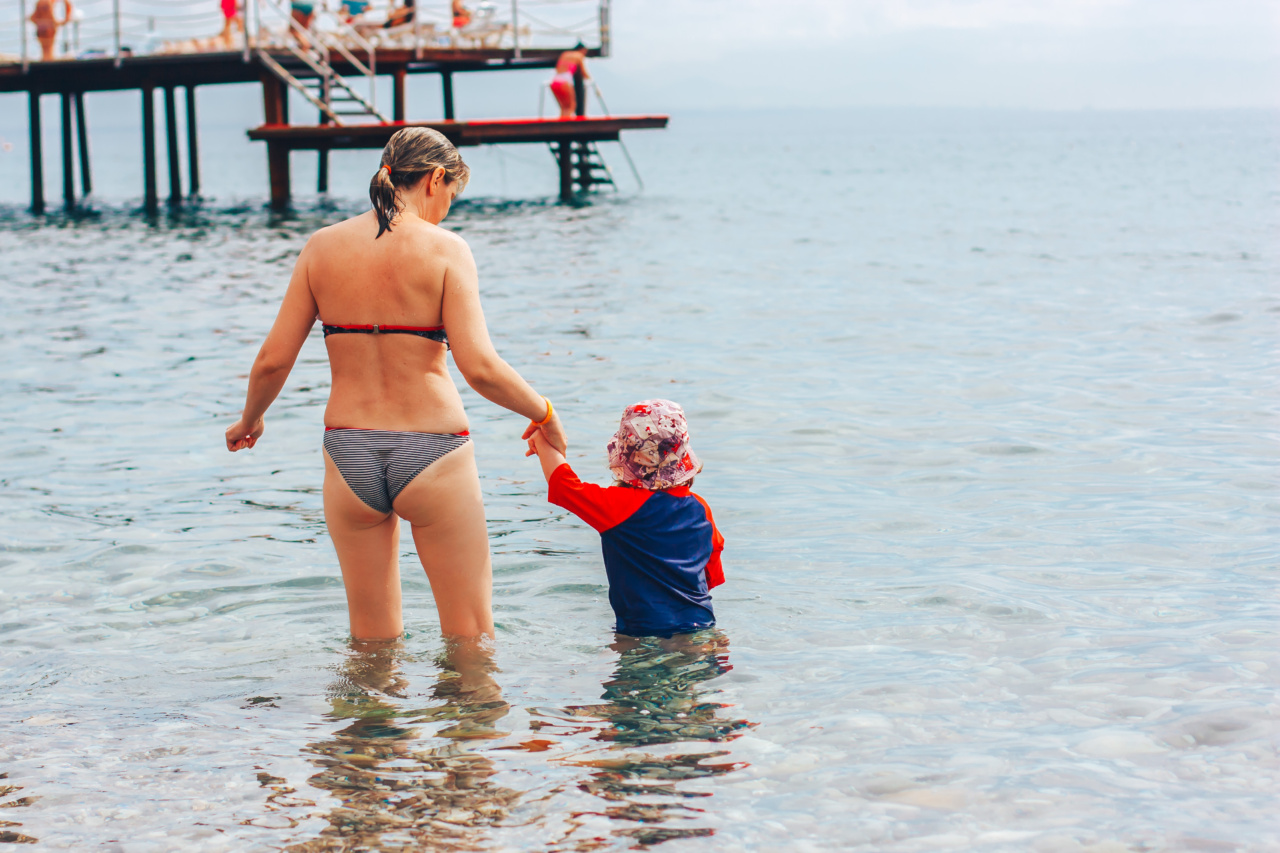Summer vacations are a time for fun and relaxation, but they can also present some challenges when it comes to keeping kids healthy.
With the change in routine and exposure to different environments, it’s important to prioritize your child’s wellness during the summer break. Here are some tips to ensure your kids stay healthy and happy throughout their vacation:.
1. Stay Hydrated
Hot summer days can lead to dehydration, especially when kids are engrossed in outdoor activities. Make sure your child drinks plenty of water throughout the day. Provide them with a reusable water bottle and encourage them to take sips frequently.
You can also offer them healthy and hydrating snacks like watermelon, cucumbers, or berries.
2. Protect Against Sunburn
Spending time in the sun is a quintessential part of summer, but it’s vital to protect your child’s delicate skin from harmful UV rays. Apply a broad-spectrum sunscreen with a high SPF 30 or above before heading outdoors.
Encourage your child to wear protective clothing like hats, sunglasses, and lightweight long-sleeved shirts to minimize sunburn risk.
3. Emphasize Healthy Eating
Vacations often mean indulging in treats and eating out more frequently. While it’s perfectly fine to enjoy some of these indulgences, it’s important to emphasize the importance of a balanced diet.
Encourage your child to opt for healthy choices like fresh fruits, vegetables, lean proteins, and whole grains. Involve them in meal planning and preparation to make it fun.
4. Encourage Physical Activity
Physical activity is crucial for your child’s wellbeing, even during vacations. Encourage them to engage in outdoor activities like swimming, biking, hiking, or playing sports. Limit their screen time and set aside dedicated hours for physical play.
Make it a family affair by participating in activities together, creating fond memories while staying active.
5. Adequate Rest and Sleep
Vacations can disrupt sleep schedules, leading to fatigue and irritability. Ensuring your child gets enough rest is key to their overall wellness. Stick to a regular sleep routine as much as possible, even when on vacation.
Create a calm and comfortable sleep environment and establish a bedtime routine. Sufficient rest will help your child recharge and stay alert during the day.
6. Be Mindful of Allergies
Summer can trigger allergies in kids, especially if they are exposed to pollens or insect bites. If your child has known allergies, be prepared with necessary antihistamines or allergy medications.
Teach them to identify potential allergens and take precautions to avoid them. If necessary, consult with an allergist to understand your child’s needs better.
7. Stay Safe in the Water
Water-associated activities are a favorite among kids during summer. Whether they are swimming in the pool, ocean, or a lake, safety should always be a priority. Ensure proper adult supervision is available when your child is near water.
Teach them basic water safety rules and equip them with floatation devices if required. Enroll them in swimming lessons to enhance their skills and confidence in the water.
8. Promote Mental Wellbeing
Vacations are not just about physical health; they also offer an opportunity to promote mental wellbeing. Encourage your child to engage in activities that they enjoy, such as reading, drawing, or playing musical instruments.
Allow them to unplug from technology for some time and enjoy the simple pleasures of nature. Pay attention to their emotional needs and provide a supportive environment for them to express themselves.
9. Practice Proper Hand Hygiene
With the excitement of summer vacation, it’s easy for kids to forget about proper handwashing. Remind them to wash their hands frequently, especially before meals or after using public facilities.
Teach them the correct way to wash hands with soap and water for at least 20 seconds. If soap and water are not available, provide them with hand sanitizer containing at least 60% alcohol.
10. Be Prepared for Emergencies
While nobody wants to think about unpleasant situations, it’s essential to be prepared for emergencies. Make sure you have a well-stocked first aid kit with essentials like bandages, antiseptic wipes, and any necessary medications.
Familiarize yourself with the emergency numbers and nearest medical facilities in the area you’ll be staying. Discuss and establish a plan with your child, emphasizing what to do in case of emergencies.































